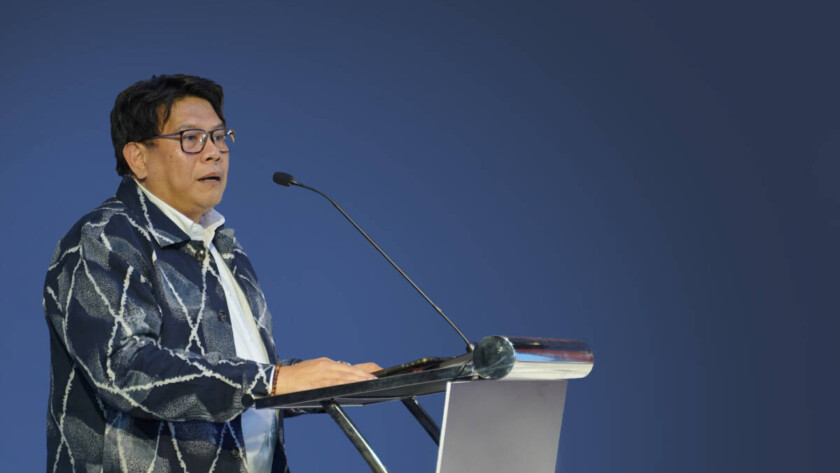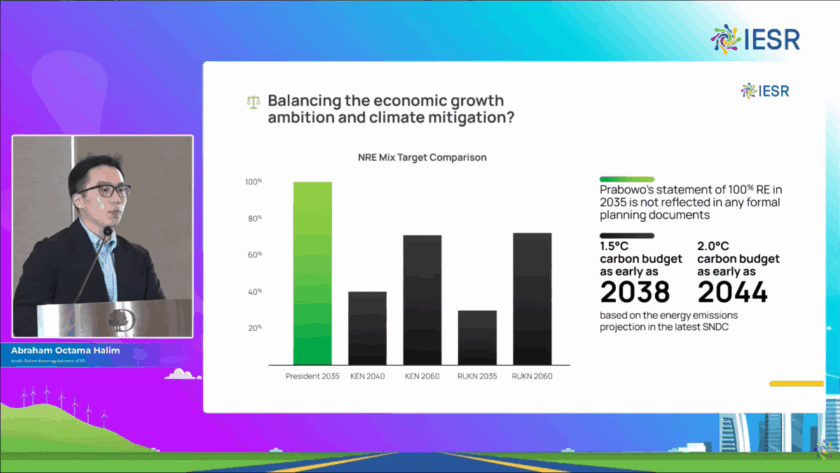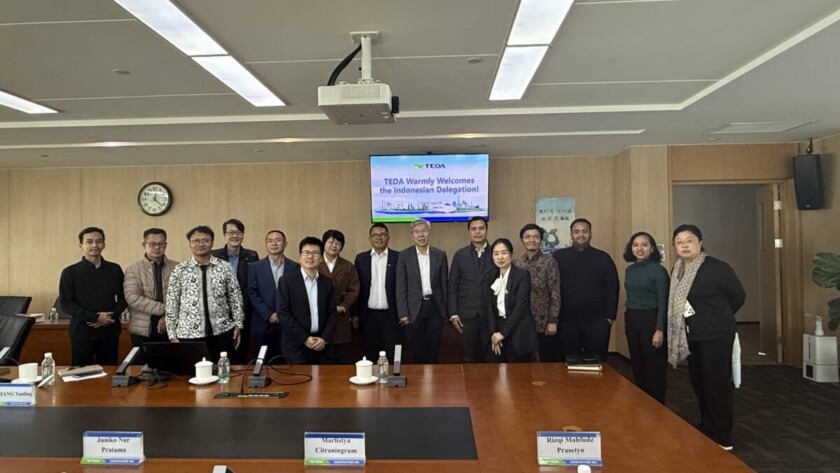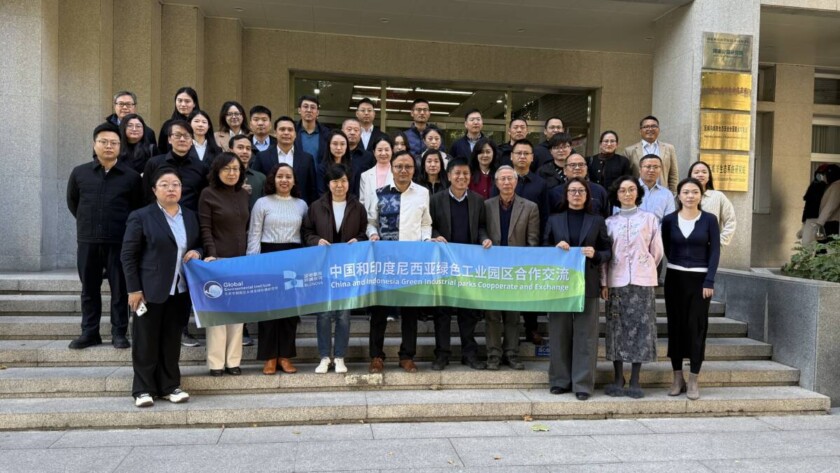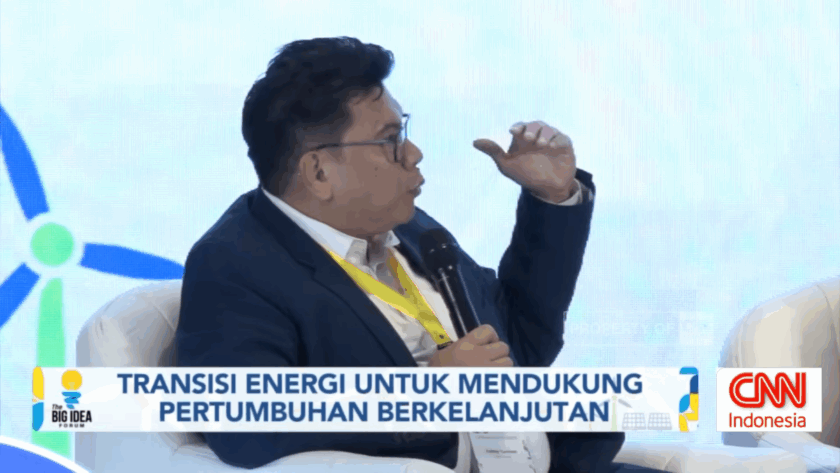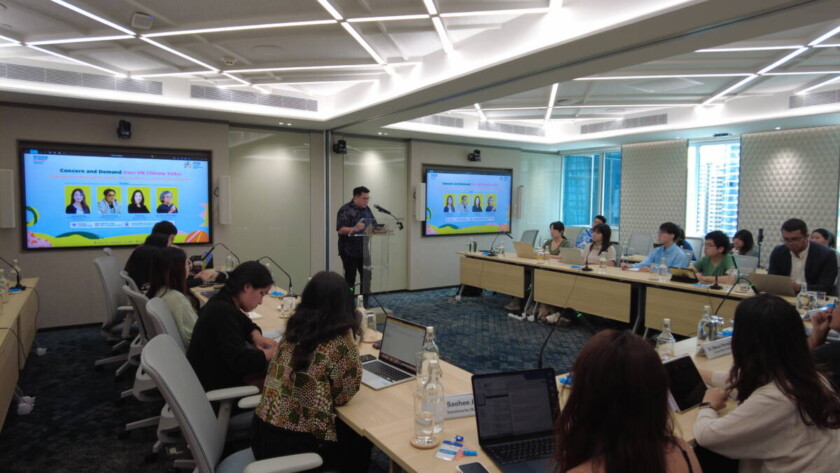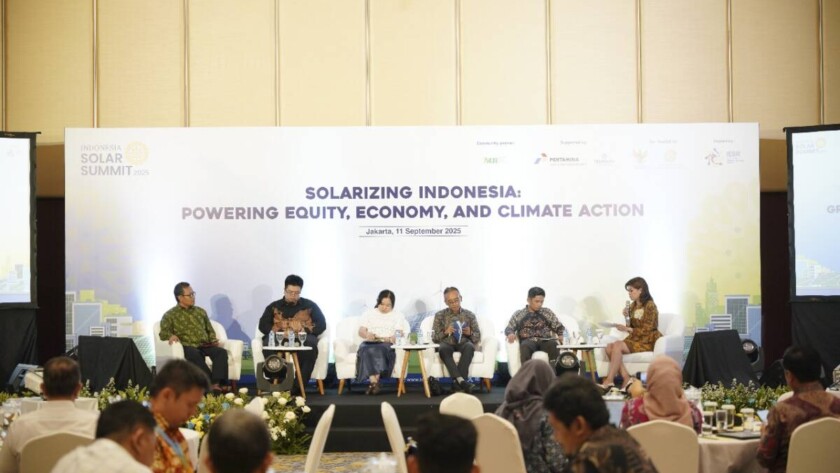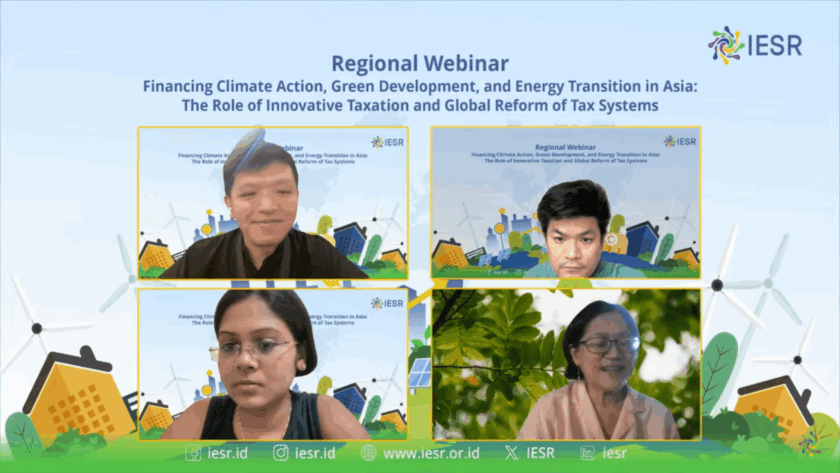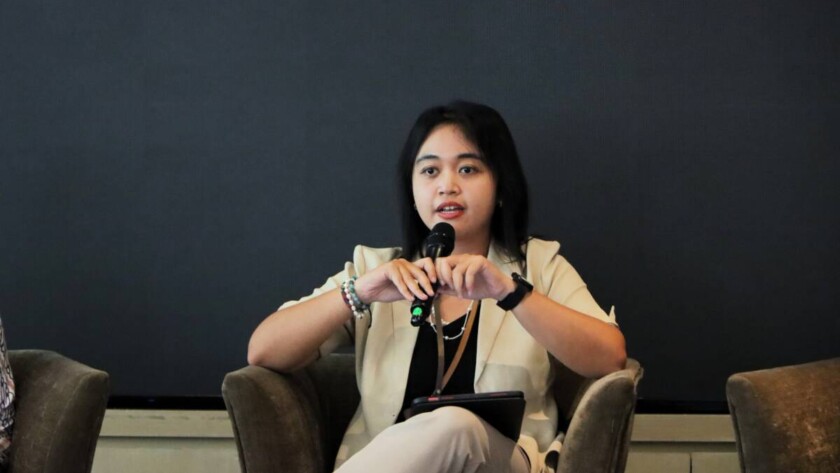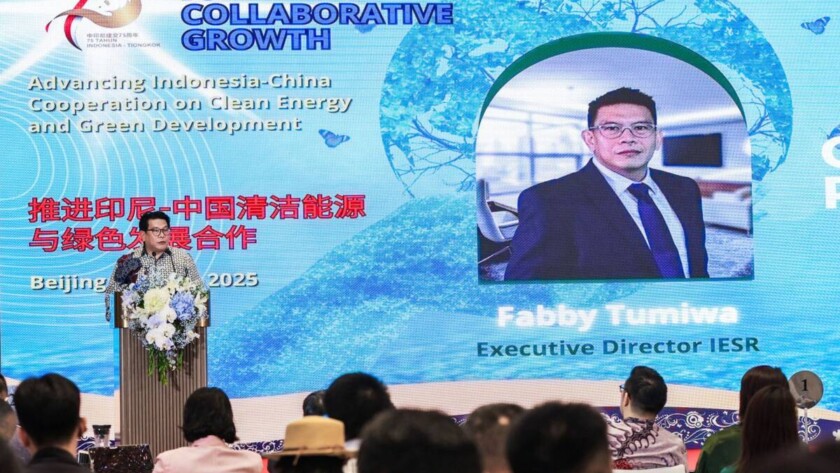Jakarta, December 4, 2025 – Although Indonesia has issued the Ministerial Regulation of the Energy and Mineral Resources (MEMR) No. 10/2025, which should regulate the roadmap for the phase-out of Coal-Fired Power Plants (CFPPs) to achieve the net-zero emission (NZE) target by 2060 or sooner, its implementation has not shown concrete progress. While Minister of…
